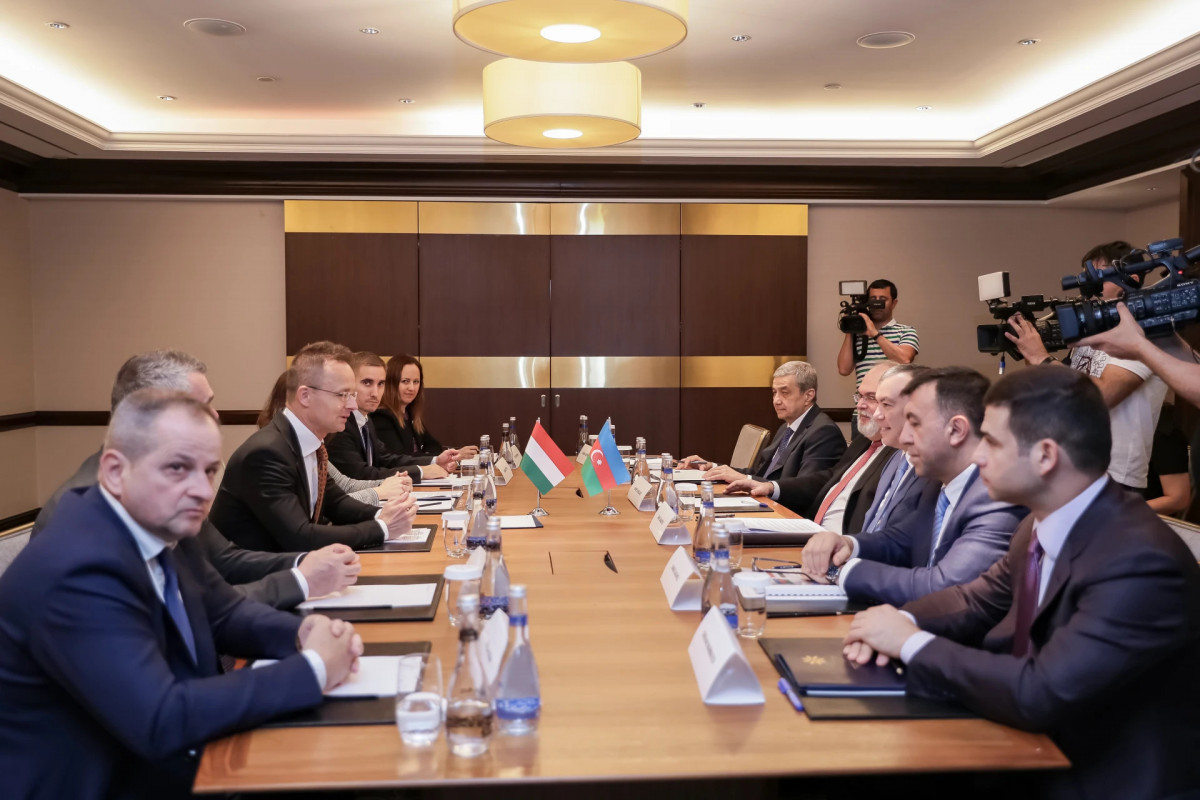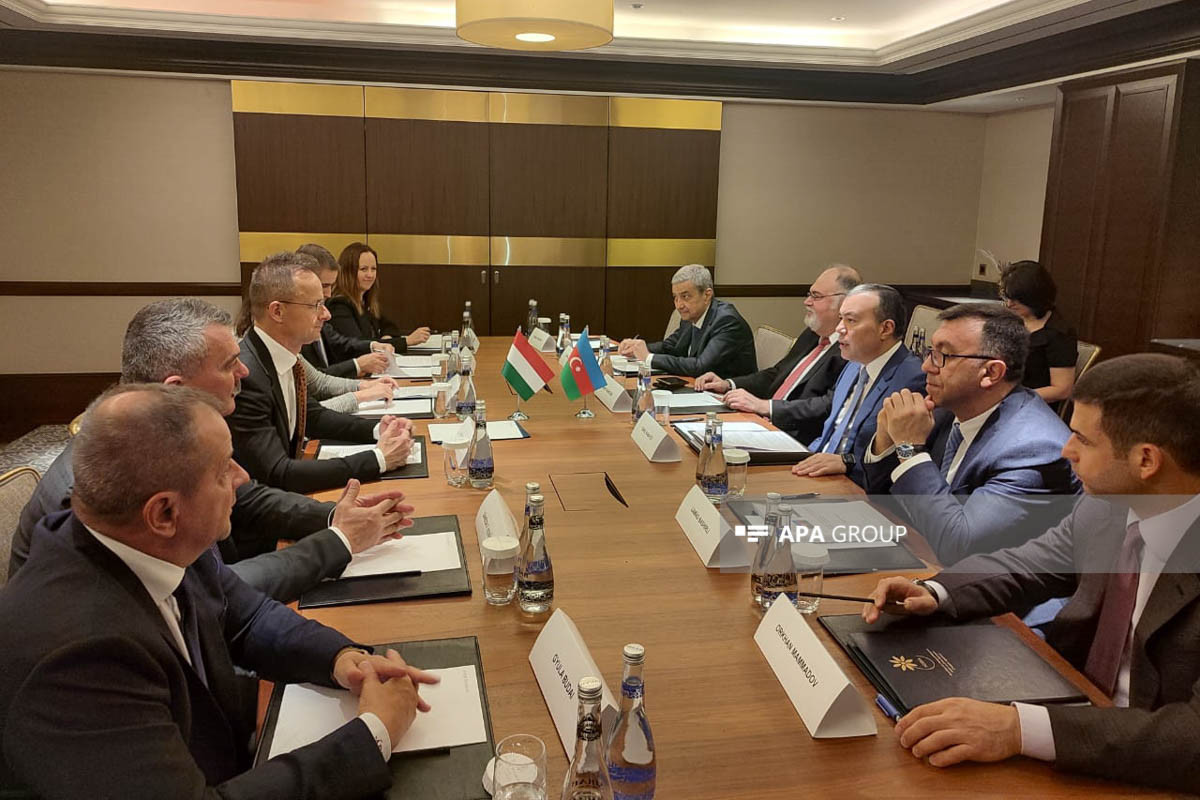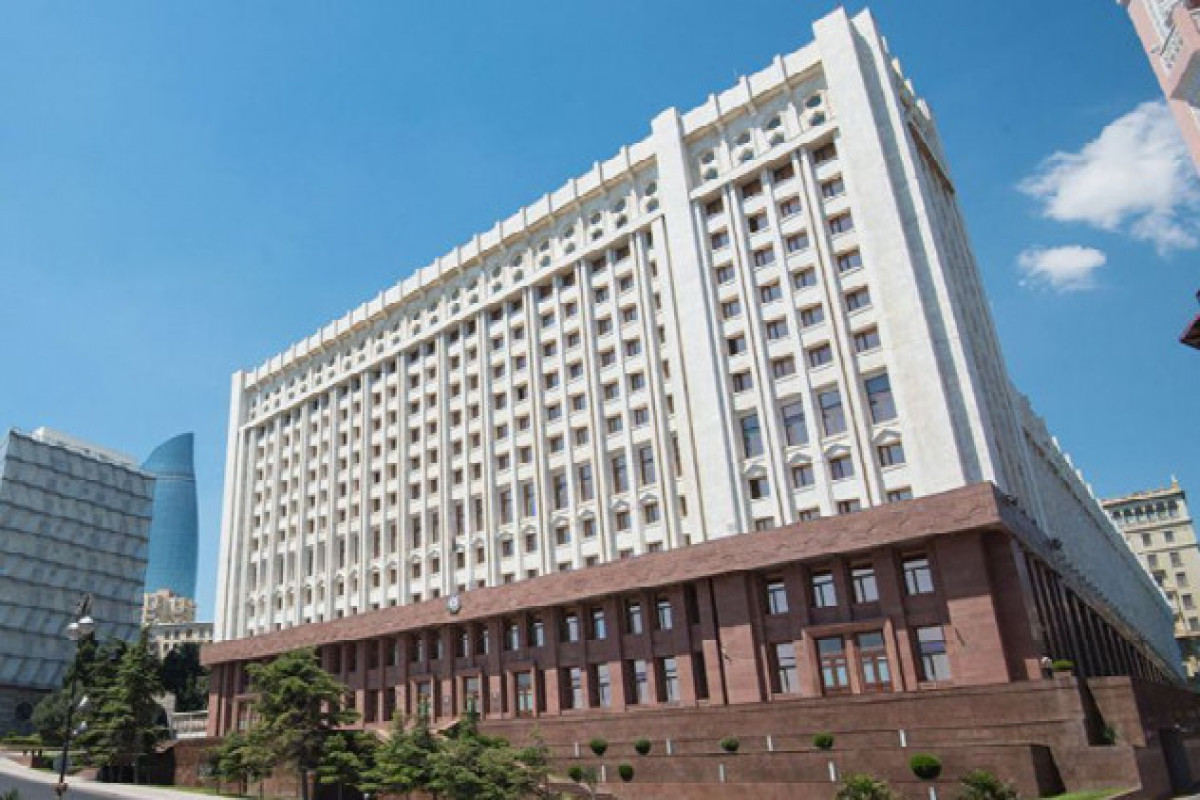Interview of Vice-President of International Committee of the Red Cross (ICRC) Gilles Carbonnier with APA
- You have long been cooperating with Azerbaijan. How would you assess the cooperation? What are the projects that you [ICRC] are going to implement here?
- The International Committee of the Red Cross (ICRC) opened its offices in the region in 1992 due to the Nagorno-Karabakh Conflict. Since then, we did not stop our work in Azerbaijan even for a single day. Thousands of people were supported as a result of these continuous efforts. But we manage to do so much thanks to the active support provided by government to fulfill our humanitarian mission in the country.
Following hostilities of 2020, we continue focusing on our core activities: humanitarian assistance to people living in conflict-affected areas, clarification of fates of missing people, and visits to detainees.
On the humanitarian assistance to people living in conflict-affected areas: our teams are there every week, giving economic support to the most vulnerable families. That means helping people to achieve a sustainable income, to overcome psychological problems due to the conflict, and improve access to water. During the first six months of 2021, we supported more than 12,000 families with cash assistance, more than 500 persons living in areas that were affected by last years’ fighting learned how to behave in areas contaminated by mines and other unexploded ordnances, hundreds of people benefited from First Aid trainings, psychological support sessions.
As you know, reports about civilians injured as a result of mine accidents have increased after autumn of 2020. Mines and unexploded weapons are creating a serious threat to security and safety of people. We have a team of specialists who disseminate knowledge on how to behave in a safe way in those areas and raise awareness on the risks. They also train volunteers of Azerbaijan Red Crescent (AzRC) who in their turn also meet community members and spread information.
On the Missing, we kept our work going with the families of the missing and with the State Commission on Prisoners of War, Hostages, and Missing Persons. As you know, many people lost a loved one from the war and they live in a very difficult situation where they want to believe their family member is still alive. So, the family, and especially mothers and wives, live in this ambiguous situation of not knowing for sure what happened to their loved one. It is a huge emotional and psychological burden for them. We do not spare any effort to bring relief to such families.
As you know, the ICRC has the mandate to visit conflict-related detainees. During such visits, the ICRC assesses the treatment of the detainees and conditions of detention and helps to ensure that they can maintain contact with their families. Currently, on a regular basis, roughly every month, the ICRC representatives visit all those detained in relation to the 2020 autumn conflict escalation whose detention had been notified by the Azerbaijani authorities. These detainees are met in private and are given a possibility to exchange family news through Red Cross messages, pre-recorded video messages, and phone calls.
- What is ICRC doing to clarify fates of persons missing in relation to the conflict, which is a thing of past now? Where search activities are conducted? Official Baku has stated that although the conflict is over now, Armenia does not want to collaborate in the clarification of the fates of almost 4,000 Azerbaijanis who went missing in relation to the conflict in the 90s. Is there dialogue in place with Armenian authorities on this issue?
- The clarification of the fate of those who went missing in relation to conflict is one of the biggest humanitarian consequences of any conflict. We are in direct contact with family members of missing people, thus, know about problems they face from firsthand. They are families who envy those who buried their loved ones because they have a grave to mourn. Can you imagine how dramatic the situation is for those families?! They cannot turn the page in their lives and are lost between hope and despair. We work very closely with the State Commission on Prisoners of War, Hostages and Missing Persons (State Commission) on an everyday basis.
With the support of the State Commission and AzRCS, the ICRC collected from the families data about the circumstances of disappearance and all other information that could help identify a person. Later, again with the Commission, we started with the collection of biological samples from the relatives of missing people. These samples together with the detailed data collected, will be used to make comparisons to try to identify the human remains which may be exhumed. This way, some families may one day know what happened to their loved ones and be able to begin their true grieving process. Collecting all these biological samples takes time. There are about 3,800 missing Azerbaijanis and we need to collect samples from between 3 and 6 biological family members of each missing person for forensic identification to be possible. It’s a huge task that is done jointly between the ICRC and the State Commission.
We do our best and continue our communication with the sides to bring answers to families. As you most probably know, there are ongoing search and retrieval operations on the battlefield of the 2020 autumn hostilities. We participate in those operations and hope more families will get answers thanks to collaboration of the sides.
- Does the ICRC provide psychological, social and other types of support to minors and others who have been affected during the Second Karabakh War?
- Yes, following hostilities of 2020 we increased the capacities of our teams in many fields, and one of the areas we increased our capacities is psychological support to people living in the areas affected by the fighting. Our team of specialists provides direct support conducting sessions. Tens of people participated in such sessions during the first six months of 2021. On top of it, we also train teachers who work in conflict affected communities for them to be able to provide basic support, conduct support sessions for specialists to improve their capacities.
- There are reports on humanitarian needs in Afghanistan and Syria. How the activities of the ICRC are going on in those territories? Do you face issues while delivering aid?
- In Afghanistan, the ICRC has access across the country and has worked in Taliban-controlled areas for years. We have a constructive working relationship with them, at both the top level and the local leadership level. From both we received security guarantees which is important for us to be able to carry out our work.
You know, war shatters bodies and souls. The people of Afghanistan have lived through 40 years of conflict. We cannot begin to express how deeply this has damaged a nation, including its economy, one of the reasons so many people are now in need of food and other humanitarian assistance.
The ICRC has been working in Afghanistan for over 30 years. One thing is clear: we won’t stop now when we are needed most. We remain operational across the country, together with our partner the Afghan Red Crescent and have no plans to reduce our international staff presence.
The challenge is the extent of the humanitarian needs that we see. Nearly half of the population (18.4 million) were already in need of humanitarian protection and assistance, and we estimate that 30 percent of Afghans are facing serious food insecurity. Also, Afghanistan has an overstretched health system, which is struggling to deal with the consequences of conflict as well as the ongoing COVID-19 pandemic. Therefore, we support 46 health facilities run by the Afghanistan Red Crescent Society mostly in rural areas. We also provide important support to the Mirwais hospital in Kandahar. In only one month – in September – more than 68’000 consultations were carried out in those facilities.
Now, with the start of winter we are mobilizing support for people who had fled the fighting and are now returning to re-establish their livelihood. For instance, farmers will receive cash assistance to help them cope with additional expenditures. We will also scale up direct support to vulnerable families in central Afghanistan, including women headed households.
Now, if we turn to Syria: one decade of devastating conflict has not only caused immeasurable pain, loss, and turmoil in the lives of families across the country, but also had a ripple effect on people in neighboring countries.
Such a protracted conflict means that even if there were an end in sight to the violence, the long-term needs of Syrians are immense. Millions will need support rebuilding their lives, families, and homes, not to mention livelihoods and all the essential infrastructure and services that those not in conflict take for granted – businesses, schools, water and energy systems, health facilities, playgrounds. We estimate that some 13.4 million people – out of a current population of approximately 18 million – are still in need of humanitarian assistance.
Together with our partner the Syrian Arab Red Crescent, we will continue to respond to emergencies, such as new displacements. We will continue to work across Syria to provide vital services responding to the most pressing needs, carrying out urgent repairs to critical water infrastructures, distributing food and daily hot meals to the most vulnerable people, and supporting healthcare services in communities and in camps.
- Do the families of Azerbaijanis, who left to join fighting groups in places where religion-based conflicts are ongoing, contact the ICRC seeking support in clarification of their fates? Has the ICRC clarified the fate of any Azerbaijani who left to join fighting groups?
- The ICRC in Azerbaijan has been approached by family members who tried to trace their close relatives in Syria and Iraq. Provided that detailed information is made available by the families with regard to Azerbaijani nationals in those countries, the ICRC Delegation in Baku can launch the process to try to reconnect the family members.
I would like to commend the Azerbaijani government that has put significant efforts to repatriate its citizens and to reintegrate them into society, and we are ready to continue to support the state bodies working in that field


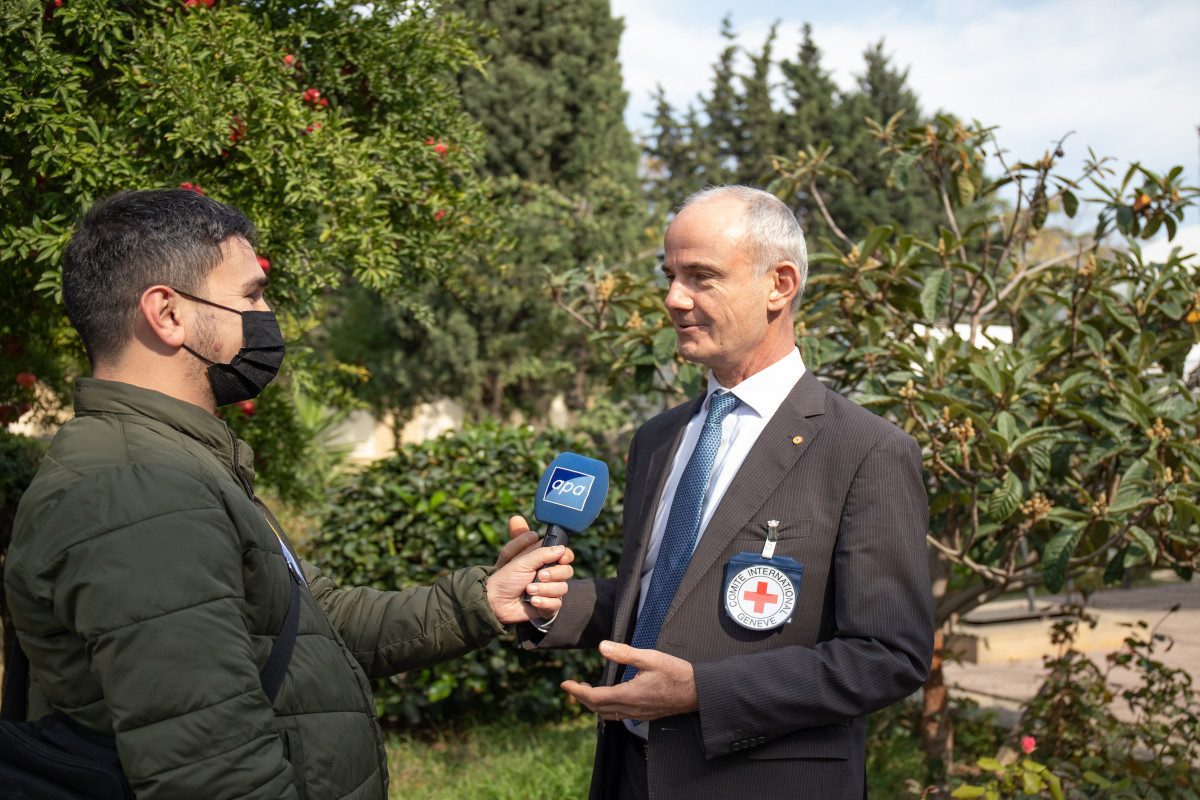
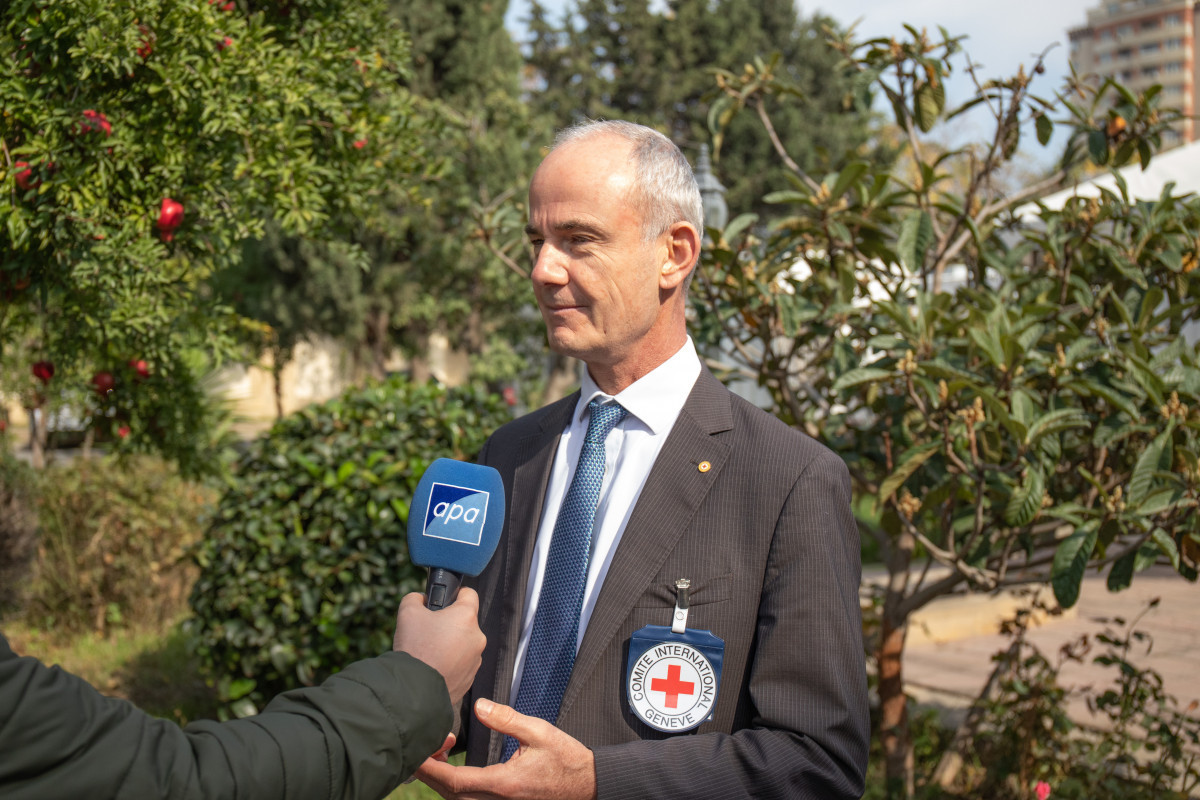
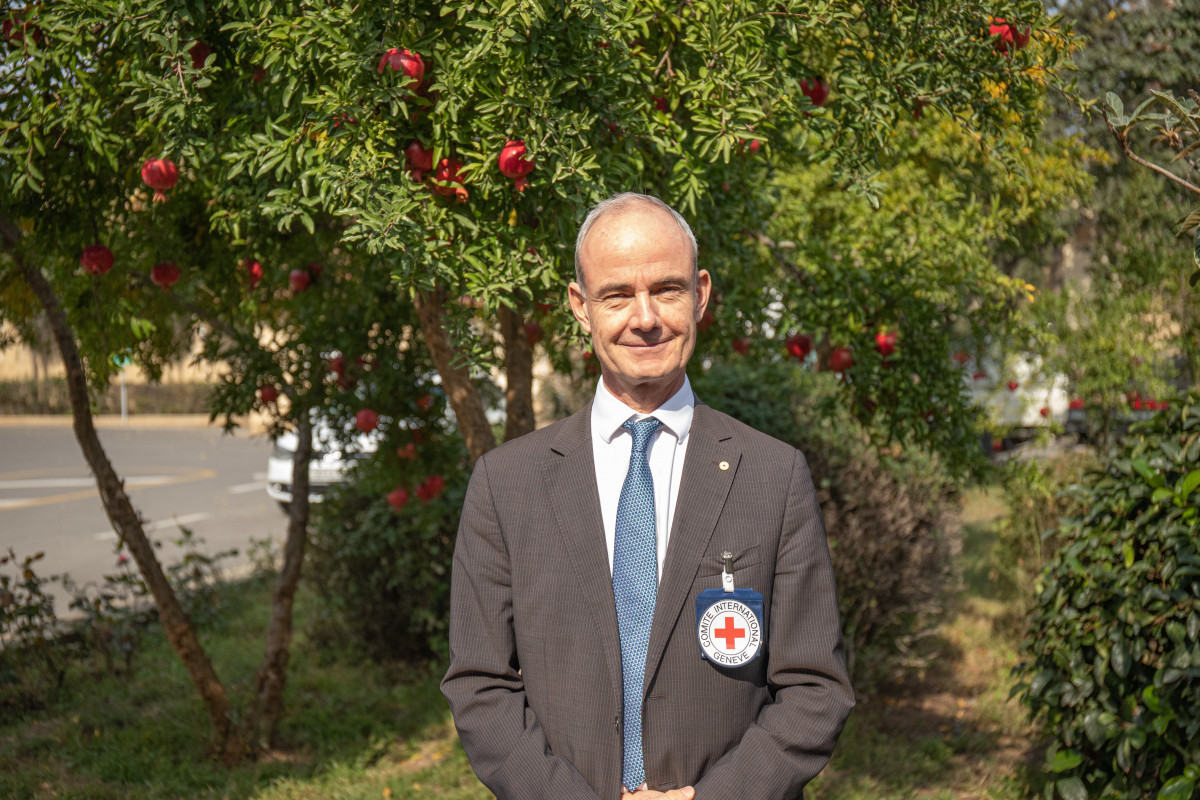
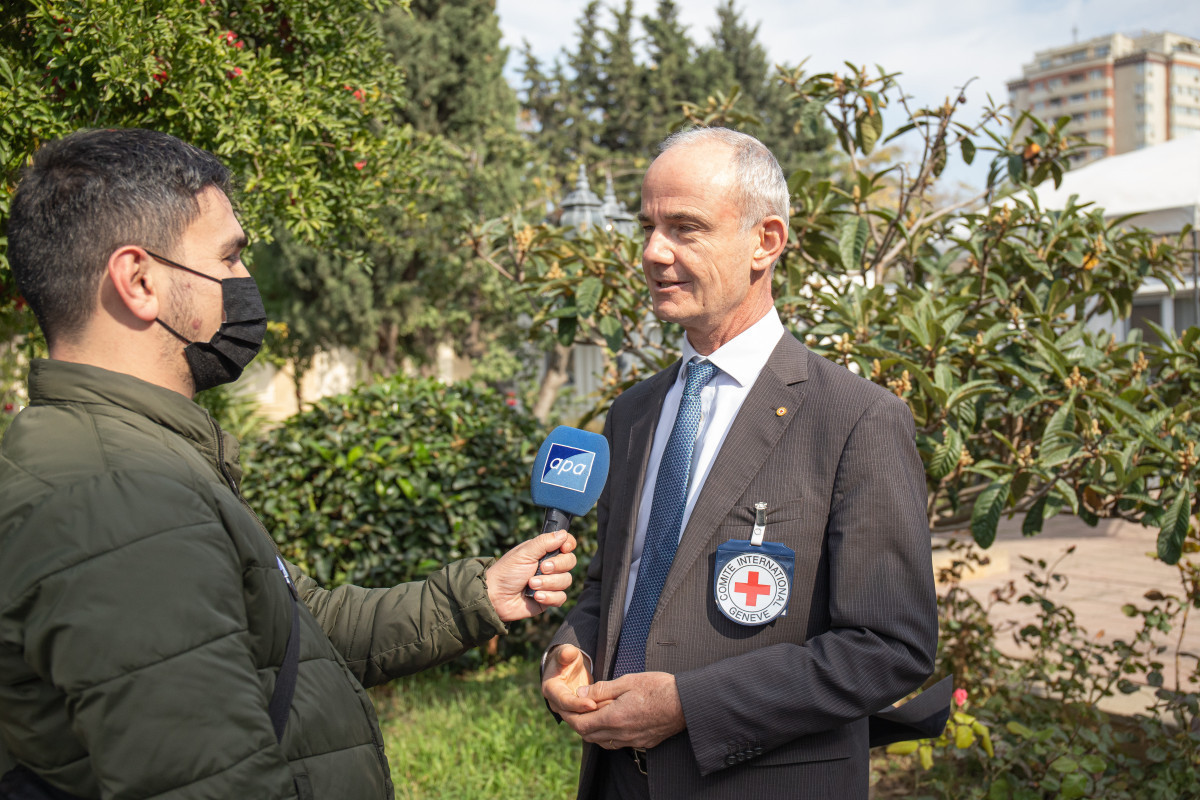
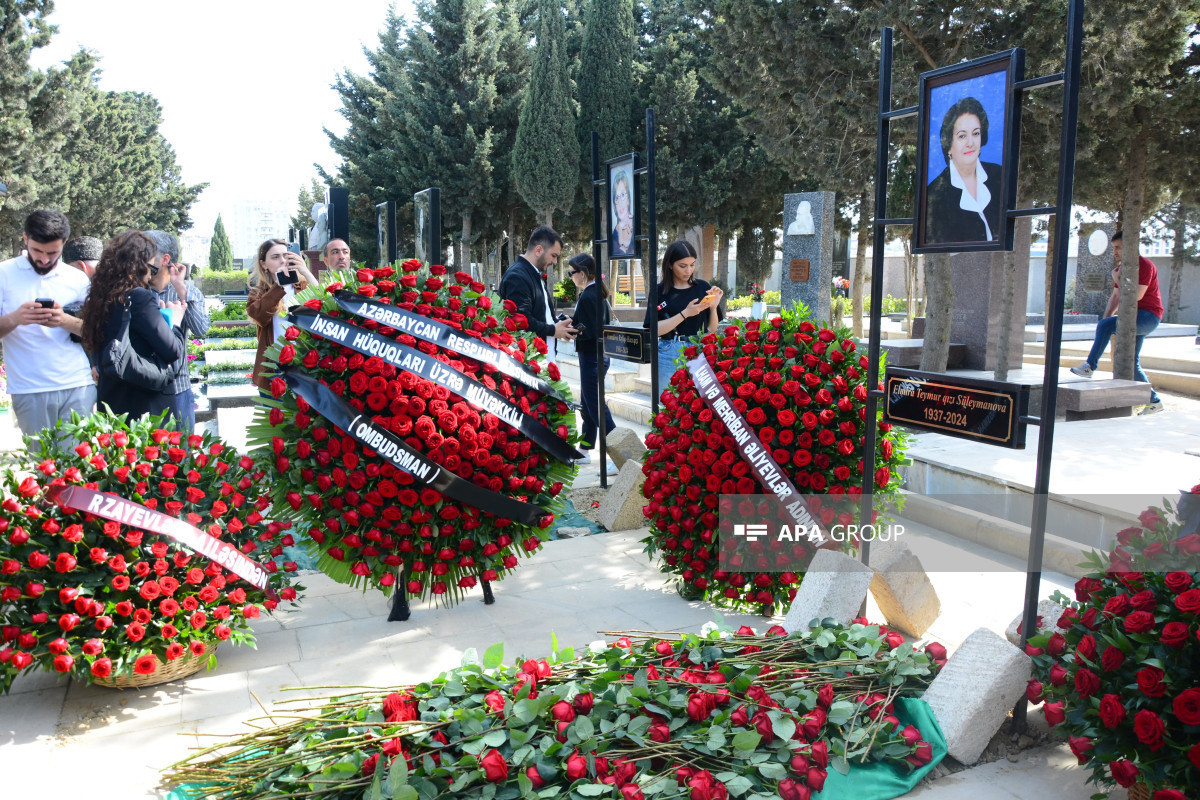 UPDATED'>
UPDATED'>
